Understanding Industrial Filter Presses
Industrial filter presses are specialized equipment utilized in various processes necessitating the separation of solid particles from liquids. They play a crucial role in industries like mining, chemical manufacturing, food production, and wastewater treatment by enhancing the efficiency of the separation process and reducing the volume of material for subsequent handling or disposal.
The operation of industrial filter presses involves several critical components, where the fundamental principle revolves around using pressure to propel a slurry of solids and liquids through a sequence of filters, typically crafted from cloth or other porous materials. These filters capture the solid particles, enabling the clarified liquid to pass through. The process initiates by filling the filter press chamber with the slurry, followed by the application of hydraulic or mechanical forces to compress the material, thereby exerting pressure on the filters to expel the liquid, leaving behind the solid particles.
Designed for continuous operation, filter presses comprise various plate and frame filters or recessed chamber filters, capable of managing high flow rates and offering adaptable filter media to align with specific application requirements. The construction of a filter press varies based on the processed material, required capacity, and desired level of automation, ensuring durability under the high pressures and stresses characteristic of industrial operations.
Varieties of Industrial Filter Presses
The selection of an industrial filter press hinges on factors such as the processed material, desired filtration efficiency, and available floor space. Several common types include:
-
Plate and Frame Filter Press: Widely used due to its simplicity and size flexibility, this type involves a series of plates and frames with filter media (often filter cloth) compressed together to form a seal, collecting solids between the plates as the slurry is pumped into the press.
-
Membrane Filter Press: Operating akin to the plate and frame filter press but employing membranes instead of plates, this type is ideal for processes necessitating fine filtration or molecular-level component separation.
-
Recessed Plate Filter Press: Comprising vertically arranged plates with top and bottom frames, this filter press suits applications requiring high automation levels, commonly found in water treatment plants.
-
Automatic Filter Press: Engineered for continuous operation with minimal supervision, automatic filter presses can be programmed to automatically discharge filter cakes, making them suitable for large-scale industrial processes.
-
Sparkler Filter Press: Also recognized as a plate and frame filter, this type is prevalent in beverage and pharmaceutical industries, employing stacked flat plates to eliminate impurities from liquids.
Criteria for Selecting Industrial Filter Presses
Choosing the appropriate industrial filter press necessitates a thorough understanding of specific application requirements. For businesses spanning manufacturing plants, construction sites, or establishments like hotels and restaurants with extensive operations, considerations should include:
-
Material Composition: Opting for stainless steel, carbon steel, or cast iron depends on material compatibility with the filtration process and equipment longevity expectations.
-
Pressure Rating: Matching the filter press's pressure rating with operational needs is crucial, with higher pressure ratings essential for demanding filtration tasks.
-
Core Components: The efficacy and longevity of a filter press rely significantly on core components like motors, PLCs (Programmable Logic Controllers), pumps, and bearings.
-
After-Sales Service: Access to adequate post-purchase support is vital for sustaining equipment functionality over time.
-
Certifications: Adhering to industry regulatory standards may necessitate specific certifications for filtration equipment to ensure compliance.
These considerations serve as guiding principles for informed decision-making when procuring industrial filter presses via B2B sales platforms like Alibaba.com.
Alibaba.com's Industrial Filter Press Offerings
Alibaba.com distinguishes itself as a leading online marketplace linking businesses with a diverse range of industrial filter press options suitable for various applications. With a vast supplier network spanning nearly 5,900 categories worldwide, businesses can easily find tailored solutions for food processing, wastewater treatment, or any industry requiring solid-liquid separation.
The platform's intuitive interface enables buyers to filter options based on local service availability, supplier-provided machinery test reports, core components integrated into machinery design, and specific features like eco-friendliness or high efficiency. Alibaba.com ensures secure transactions through its Trade Assurance service, providing buyers with confidence when engaging international suppliers.
Furthermore, Alibaba.com streamlines the purchasing journey by facilitating direct communication between buyers and suppliers in multiple languages, alongside efficient order handling and delivery services. This commitment to enhancing global trade accessibility resonates with Alibaba.com's mission to simplify business transactions worldwide, underscoring its support for small and medium-sized enterprises in the global marketplace.
Frequently Asked Questions about Industrial Filter Presses
What is the purpose of an industrial filter press?
An industrial filter press is employed to separate solid content from liquid streams across diverse industries such as food and beverage, pharmaceuticals, mining, chemicals, and wastewater treatment.
How does an industrial filter press operate?
An industrial filter press functions by utilizing pressure to drive a liquid through a filter medium (cloth or porous metal), segregating solids from liquids and forming a solid cake.
What are the essential components of an industrial filter press?
Key components include a pump, motor, PLC (Programmable Logic Controller), pressure vessel, filter plates, and a cloth or porous metal filter medium.
What materials are industrial filter presses typically constructed from?
Industrial filter presses are crafted from materials like stainless steel, carbon steel, cast iron, and occasionally aluminum, contingent upon the required filtration level and environmental conditions.
Can industrial filter presses be customized for specific applications?
Absolutely, industrial filter presses can be tailored with diverse features such as filter plate material, filter cloth variations, and additional services like automatic discharging or washing systems to align with specific application demands.
What factors should be considered when selecting an industrial filter press for a business?
Key considerations encompass the liquid type under filtration, desired automation levels (manual, semi-automatic, or automatic), material compatibility, filter cloth specifications, and whether explosion-proof or eco-friendly features are necessary.
Are there different types of filter presses designed for specific industries?
Indeed, various filter press types are tailored to cater to distinct industries, like plate and frame filter presses for the food and beverage sector, belt filter presses for liquid-solid separation in wastewater treatment plants, and screw filter presses for heavy particulate loads in mining and manufacturing.
How can I determine the appropriate size of an industrial filter press for my operation?
The size of an industrial filter press is contingent on the liquid volume for processing and the size of solid particulates to be removed, suggesting industry-standard sizes or customized dimensions based on specific requirements.
Can industrial filter presses manage corrosive materials?
Industrial filter presses crafted from materials such as stainless steel or specially treated steel can effectively handle corrosive materials, emphasizing the importance of material selection based on the filtered material's chemical properties.
What after-sales services are typically offered upon purchasing an industrial filter press?
Post-purchase services may include online support, video technical assistance, overseas service availability by engineers, on-site maintenance and repair services, and insulation services for commercial applications.



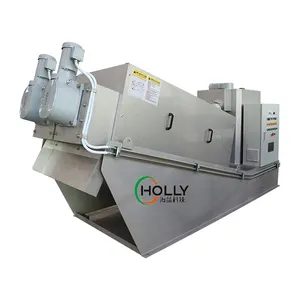

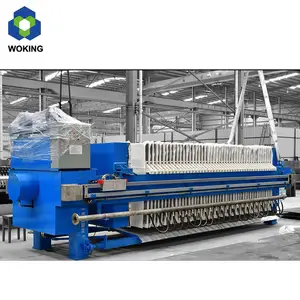



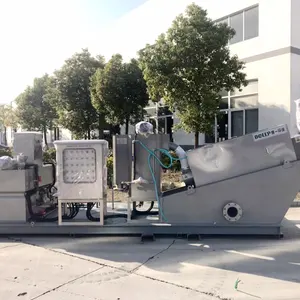


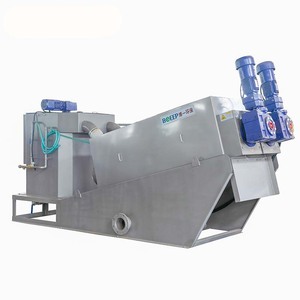




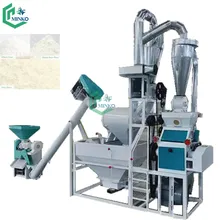


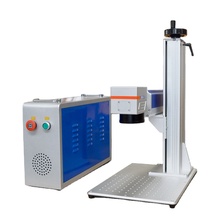

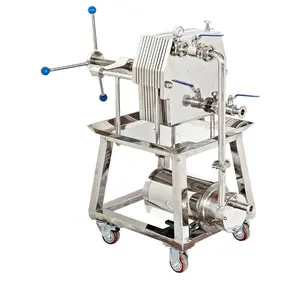


























 浙公网安备 33010002000092号
浙公网安备 33010002000092号 浙B2-20120091-4
浙B2-20120091-4